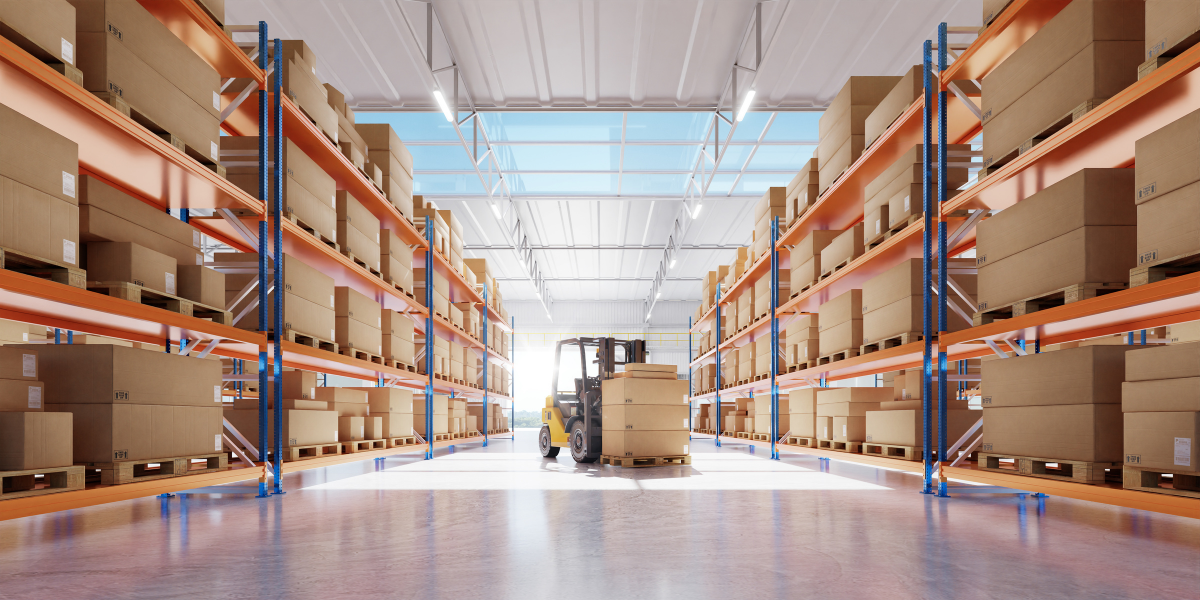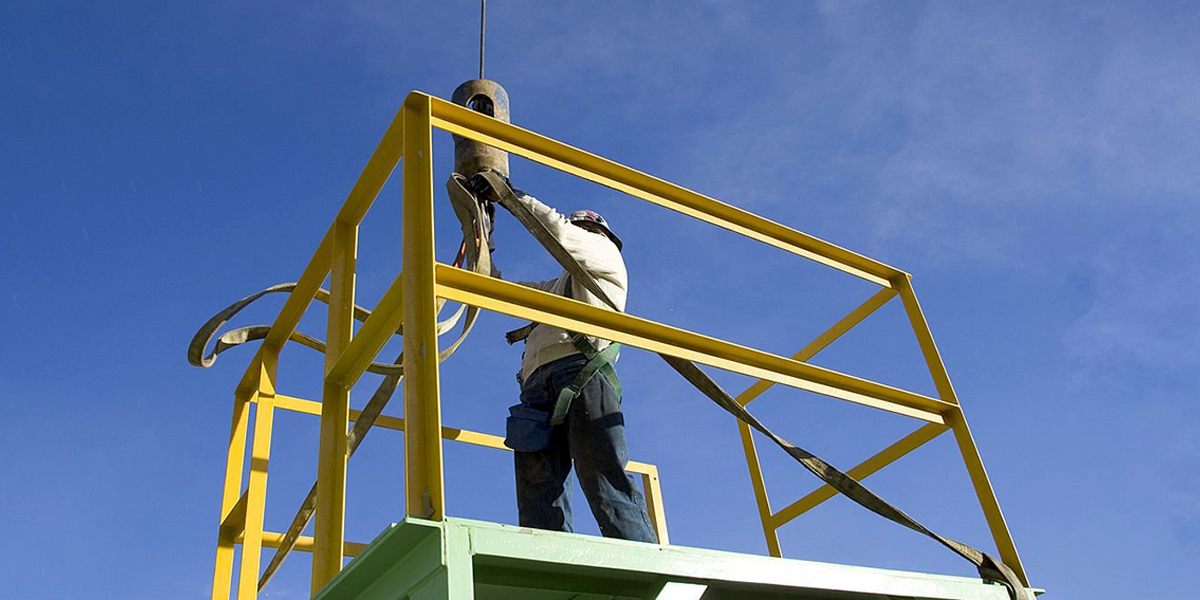Responsibilities of Departments using Powered Industrial Vehicles

Forklifts are powerful machines that are commonly used in various industries such as construction, manufacturing, and warehousing.
Although they are essential for moving heavy loads and completing tasks efficiently, they can pose serious hazards to operators and those in the surrounding area. It is crucial to understand the potential hazards that come with forklift operation and take appropriate safety precautions to prevent accidents and injuries.
One of the primary hazards associated with forklifts is tip-overs. Forklifts are designed to lift and move heavy loads, which can cause the vehicle to become unbalanced and tip over. This can be particularly dangerous if the forklift is carrying a heavy load, as it can crush or injure anyone in the vicinity.
Another hazard is collisions. Forklifts are often used in busy environments where there are other vehicles and people around. If the operator is not paying attention or if there are blind spots, collisions can occur, causing serious injuries or even fatalities.
Additionally, falling objects can be a hazard when loads are not properly secured, or if the forklift is not operated safely.
To mitigate these risks, it is crucial to take safety precautions when operating a forklift.
Let’s look at the responsibilities of each department using forklifts.
Forklift Operator
Forklift operators have a significant role in workplace safety. They must be aware of their safety responsibilities to minimize accidents and ensure a safe work environment.
Among their safety responsibilities are conducting pre-operational inspections to check for any malfunctions or defects, wearing personal protective equipment such as safety shoes and helmets, following safe driving procedures and speed limits, keeping a clear view while operating the forklift, avoiding reckless behavior or horseplay, and not exceeding the weight limit of the forklift. Operators must also be properly trained and licensed to operate a forklift, know how to handle emergencies, and report any incidents or injuries immediately. They have to make sure that they attend the refresher trainings organized at stipulated times. They should also ensure that they report any unsafe acts or practices that they observe to their supervisors.
Ultimately, the safety of the workplace is the responsibility of everyone involved, and forklift operators play a crucial role in ensuring a safe and secure work environment.
Forklift Supervisor
The role of a forklift supervisor is critical to the efficient operation of a warehouse or distribution center. A forklift supervisor is responsible for overseeing the use and maintenance of forklifts, ensuring compliance with safety regulations and training employees in safe and efficient forklift operation.
One of the primary responsibilities of a forklift supervisor is to ensure the safety of forklift operators and other workers in the facility.
This includes:-
- providing proper training to all employees who operate forklifts,
- enforcing safety protocols, and
- conducting regular safety inspections of the equipment.
In addition to safety, a forklift supervisor is responsible for ensuring that forklifts are being used in the most efficient way possible. This means scheduling and prioritizing forklift usage to maximize productivity and minimize downtime. The supervisor must also ensure that forklifts are properly maintained, serviced, and repaired when necessary, to prevent breakdowns that could disrupt operations.
A forklift supervisor must also maintain accurate records of forklift usage and maintenance, as well as any incidents or accidents involving forklifts. These records are used to monitor performance and identify areas where improvements can be made.
Finally, a forklift supervisor must be a strong communicator and leader, able to effectively manage and motivate a team of forklift operators and other warehouse workers. They must be able to collaborate with other supervisors and managers to ensure that overall operations run smoothly and efficiently.
OHS Coordinator
An OHS coordinator also has a significant role to play when it comes to forklift operations. They make necessary reviews and updates in the Forklift Safety Program on an annual basis to ensure that it remains relevant and effective.
They have to ensure that proper orientation/ training & refresher training are provided to the forklift operators. They are also responsible for monitoring how effective the training programs are by tracking the checklists. They Identify & gauge the areas for forklift use as well as define appropriate eyewash facilities for battery changing/charging areas.
In conclusion
The responsibilities for the Powered Industrial Truck program include enforcing its implementation and administration, annually reviewing its compliance and effectiveness, ensuring that all employees operating or working near such trucks receive proper training, and maintaining written records of the operator training, frequent and annual inspections, and truck purchase information.
Additionally, recommendations for program revisions should be made as necessary. Furthermore, expected operating conditions for forklifts should be established and sent to the relevant authority for review before operation.
Overall, the roles of all the departments involved in forklift operations is a critical one, requiring a combination of technical knowledge, leadership skills, and a commitment to safety and efficiency.



Great Tips! I want to add one more to make sure that your forklift horns work correctly. A funnel is the best tool a driver can have to warn of oncoming traffic, warn pedestrians, and help pedestrians.